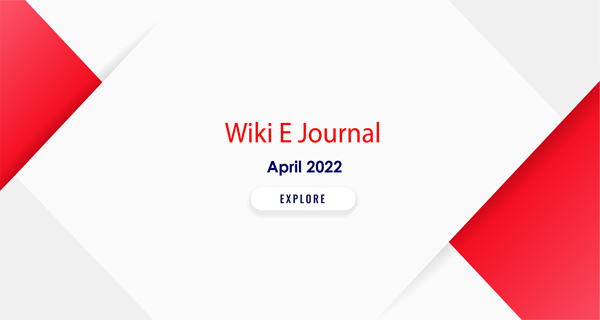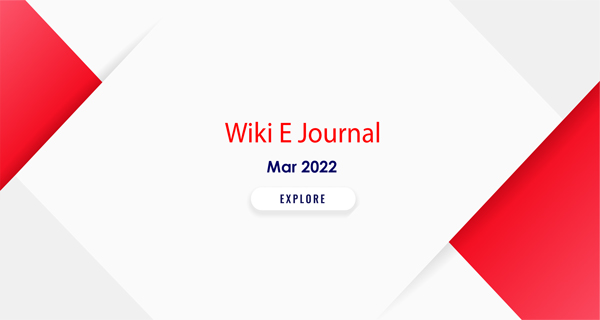- SBS AND COMPANY LLP
- Blog
- Hits: 2040
Taxation of Gift of Brand ‘Essar’ – Mumbai Tribunal in Balaji Trust
The recent judgment of Honourable Mumbai Tribunal in the matter of Balaji Trust[1] is a quite interesting and special one. In this article, we shall deal with the pivotal issue of the entire matter, the taxation of transfer of brand ‘Essar’ by Essar Investments Limited (for brevity ‘EIL’) to the Balaji Trust (for brevity ‘trust’). The revenue tried to tax in different ways in different stages in the hands of the trust but ultimately failed, at least at this level. No doubt, considering the stakes involved, an appeal would be preferred by the Revenue before the High Court in due course of time. Though there are multiple issues in this appeal, this article is only about the taxation of the transfer of brand to the trust.
The facts of the matter are that, the trust is a private discretionary trust which was settled on 29th March 2012 by the settlor, Shashikanth Ruia with an initial settlement of Rs 10,000. The trust was created for sole and exclusive benefit of the beneficiaries being the members of Ruia family. EIL was holding the brand ‘Essar’ including all the registered and unregistered trademarks, copyrights, service marks, certification marks, design, trade names relating to the logo and slogans used in relation thereto along with the getups incorporating the logo (for brevity ‘brand’) from 1996. On 29th March 2012, EIL has contributed the brand ‘Essar’ to the corpus of the trust as voluntary gift and accordingly the ‘Essar’ brand was settled without consideration. Since no amounts were paid by the trust to EIL for obtaining the brand ‘Essar’, the trust has not shown the same in the financial statements. Post receipt of such brand, the trust has entered non-exclusive licensing agreements with operative Essar group entities. The said exploitation has resulted in earning of license fees by the trust. The said license fee was offered to tax by the trust by adopting the cash system of accounting in accordance with the provisions of Income Tax Act (for brevity ‘ITA’)
Read more: Taxation of Gift of Brand ‘Essar’ – Mumbai Tribunal in Balaji Trust








